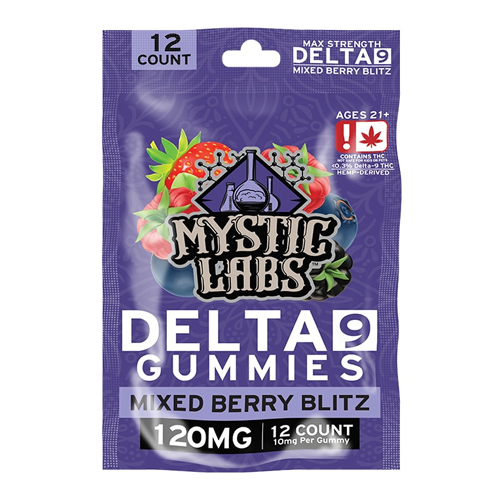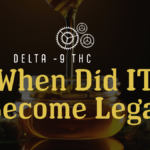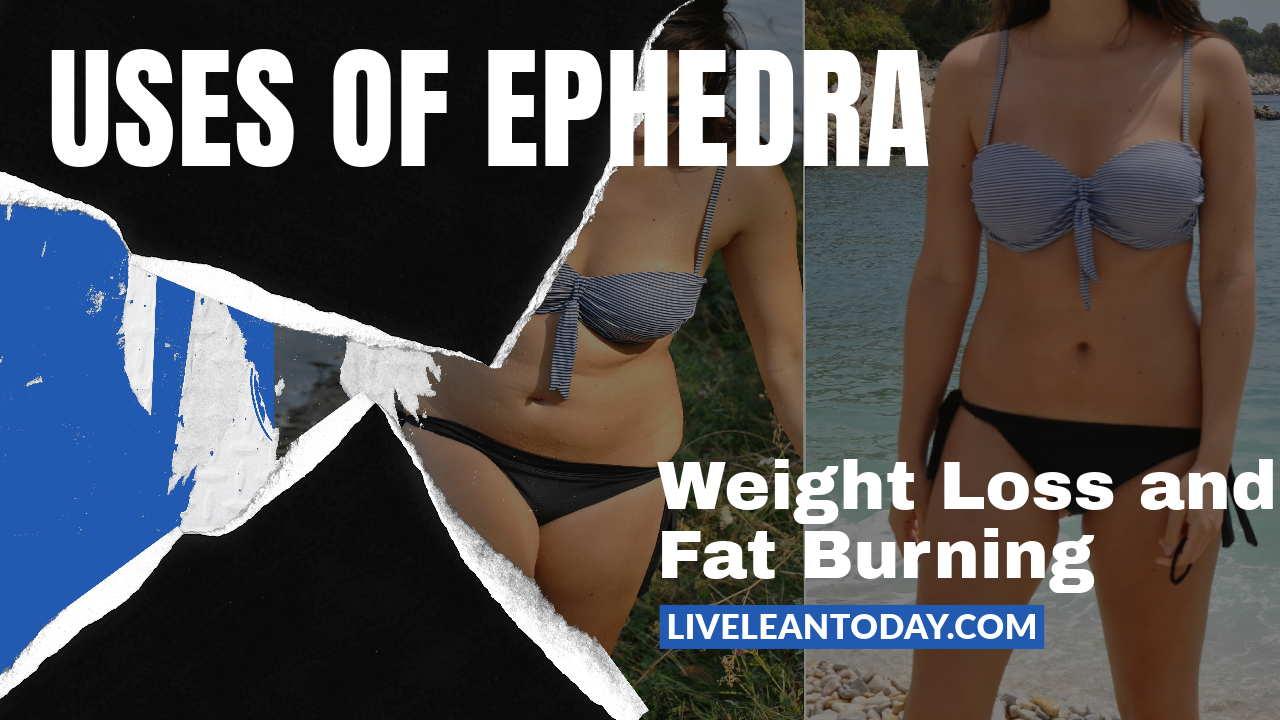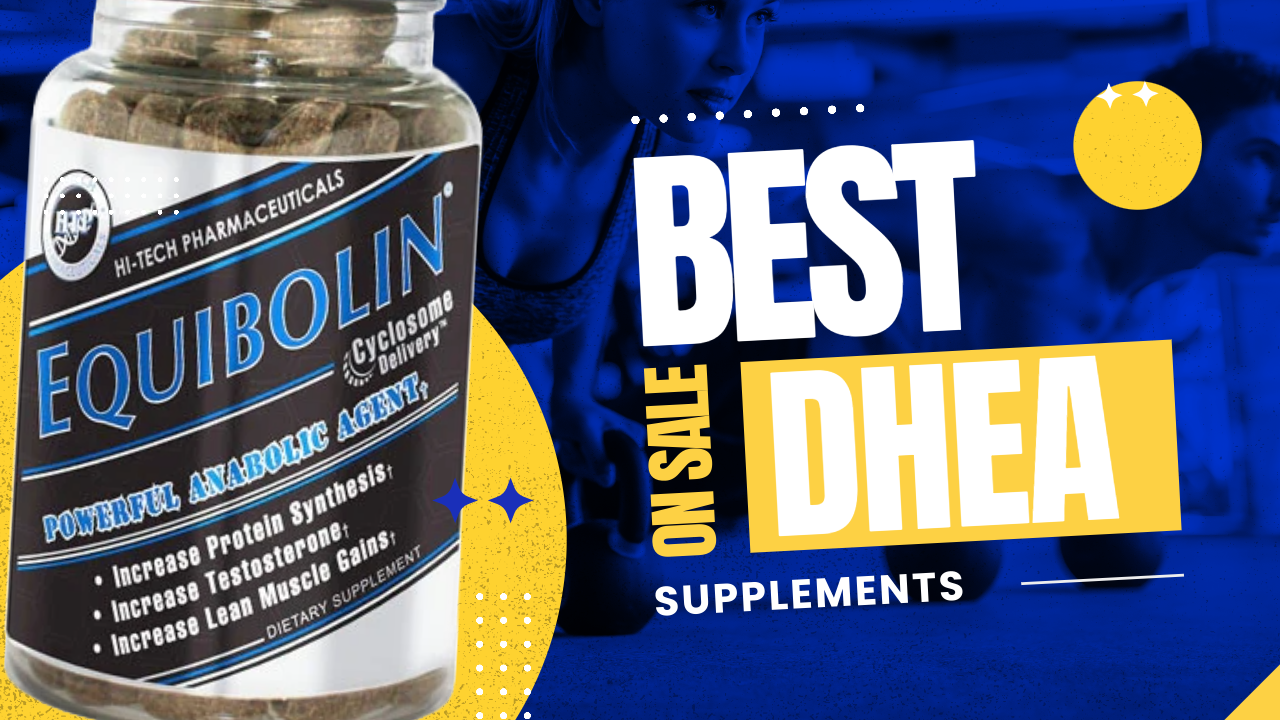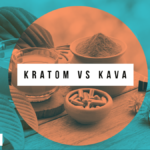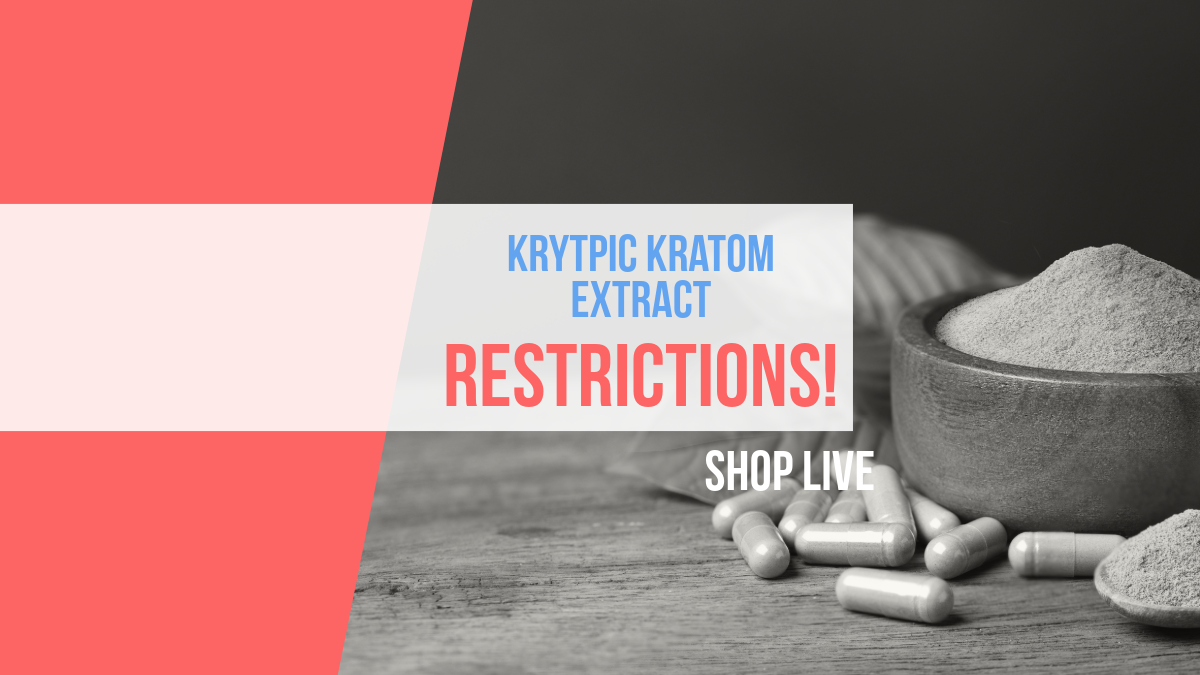Delta-9 tetrahydrocannabinol (∆9 THC) is the primary psychoactive component found in the Cannabis sativa L. plant. This means that it is responsible for the mind-altering effects commonly associated with marijuana use. While there are other cannabinoids present in the plant, such as cannabidiol (CBD), ∆9 THC has been primarily linked to recreational use.
It is important to note that ∆9 THC and CBD have different properties and effects. CBD has gained attention in recent years for its potential therapeutic benefits, while ∆9 THC has been more commonly associated with recreational use. However, both cannabinoids have their own unique medical applications.
If we take a closer look at ∆9 THC, we can see that it interacts with receptors in our brain called CB1 receptors. These receptors are part of the endocannabinoid system, which plays a role in regulating various physiological processes in our body, including mood, appetite, pain sensation, and memory.
Delta-9 THC
When ∆9 THC binds to CB1 receptors, it activates them and leads to the release of neurotransmitters, causing changes in our perception and cognition. This is why marijuana users often experience feelings of euphoria, relaxation, altered perception of time, and heightened senses.
It’s worth mentioning that the effects of ∆9 THC can vary depending on factors such as dosage, individual tolerance, and method of consumption. Smoking or vaporizing marijuana typically results in a faster onset of effects compared to consuming edibles or using topical products.
In recent years, there has been increasing interest in the medical potential of CBD and other cannabinoids. CBD is non-psychoactive, meaning it does not produce the same mind-altering effects as ∆9 THC. It has shown promise in treating conditions such as epilepsy, chronic pain, anxiety, and inflammation.
While ∆9 THC is primarily associated with recreational use, there are also medical applications for this cannabinoid. It has been used to alleviate symptoms associated with conditions such as cancer, HIV/AIDS, multiple sclerosis, and chronic pain.
It’s important to note that the legal status of marijuana and its components varies by country and even within different states or regions. In some places, recreational use of marijuana is prohibited, while others have legalized it for both recreational and medical purposes. Medical marijuana programs often require a prescription or recommendation from a healthcare professional.
Notwithstanding, Delta-9 tetrahydrocannabinol (∆9 THC) is the primary psychoactive component found in the Cannabis sativa L. plant. It is responsible for the mind-altering effects commonly associated with marijuana use. While ∆9 THC has been primarily linked to recreational use, it also has medical applications. CBD, on the other hand, is non-psychoactive and has gained attention for its potential therapeutic benefits. The legal status of marijuana and its components varies by jurisdiction.
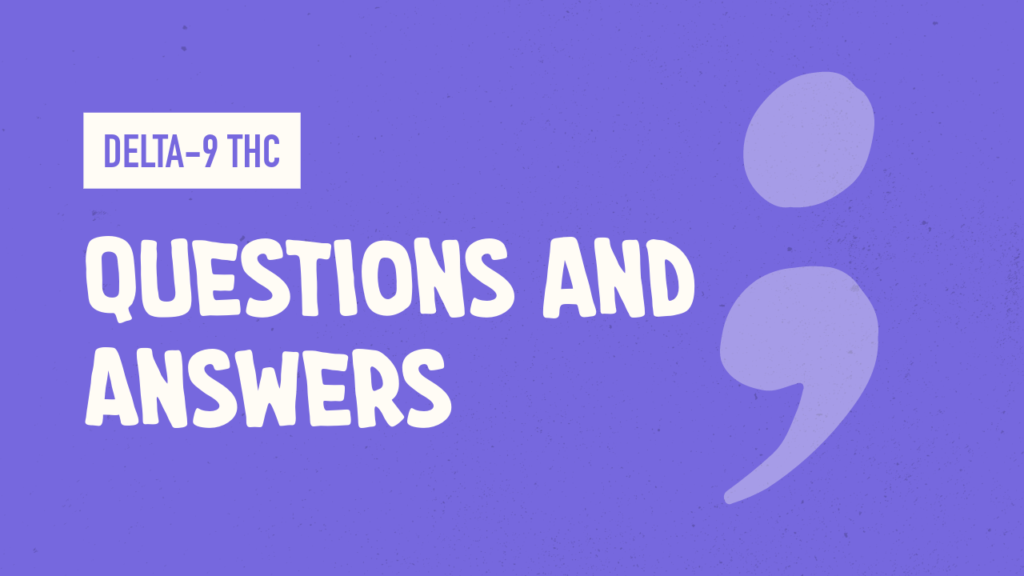
is Delta-9 THC Synthetic
Delta-9 THC, also known as tetrahydrocannabinol, is a compound found in cannabis plants that is responsible for the psychoactive effects commonly associated with marijuana. When it comes to the source of Delta-9 THC, there are three possibilities: it can be naturally occurring in the hemp plant, sourced from a cannabis plant, or produced through a conversion from CBD.
Determining the exact source of Delta-9 THC can be challenging and it’s not possible to determine with absolute certainty. However, there are several indicators that can strongly suggest its origin. In this case, samples were analyzed to understand whether the Delta-9 THC present was naturally occurring in the hemp plant or if it was a result of conversion from CBD.
The analysis performed on these samples involved studying various markers and examining the underlying chemistry. The results of these analyses are detailed in Additional file 1, which provides more information about the markers used and the chemical processes involved.
It’s important to note that these analyses were only performed on a limited number of samples (49/5). While the findings provide valuable insights, they may not be representative of all Delta-9 THC samples.
Nevertheless, determining whether Delta-9 THC is synthetic or naturally occurring can be complex. While it is not possible to determine the source with absolute certainty, analyzing markers and understanding the underlying chemistry can provide strong indications. The findings from the limited sample analysis should be considered alongside other research and evidence in order to form a comprehensive understanding of Delta-9 THC and its sources.
Are Cannabinoids Legal
Yes, Delta-9 THC is legal under certain circumstances. Let me explain.
At the federal level, the Agriculture Improvement Act of 2018, also known as the 2018 Farm Bill, was signed into law on December 20, 2018. This new law brought about significant changes in the production and marketing of hemp, which is defined as “the plant Cannabis sativa L. and any part of that plant, including the seeds thereof and all derivatives, extracts, cannabinoids, isomers, acids, salts, and salts of isomers, whether growing or not, with a delta-9 tetrahydrocannabinol (THC) concentration of not more than 0.3 percent on a dry weight basis.”
Now, what does this mean for Delta-9 THC? Well, Delta-9 THC is one of the many cannabinoids found in cannabis plants. It is the primary psychoactive compound responsible for the “high” associated with marijuana use.
Under the 2018 Farm Bill, hemp-derived products with a delta-9 THC concentration of not more than 0.3 percent are considered legal. This means that if a product meets this requirement, it can be legally produced, marketed, and sold in the United States.
However, it’s important to note that this federal law does not automatically make Delta-9 THC legal in all states. While the 2018 Farm Bill sets the groundwork for the legality of hemp-derived products at the federal level, individual states have the authority to implement their own laws and regulations regarding cannabis and its derivatives.
Some states have fully embraced the legalization of cannabis for both medicinal and recreational use, allowing for higher concentrations of THC in their products. In these states, Delta-9 THC may be legal as long as it complies with state laws.
On the other hand, there are states that still maintain strict regulations on cannabis and its derivatives, including Delta-9 THC. In these states, any product containing even trace amounts of THC may be considered illegal.
Therefore, it’s crucial to research and understand the specific laws in your state regarding Delta-9 THC before making any assumptions about its legality.
In summary, Delta-9 THC can be legal under certain circumstances. The federal law permits hemp-derived products with a delta-9 THC concentration of not more than 0.3 percent to be legally produced and sold. However, individual states have their own laws and regulations regarding cannabis and its derivatives, so it’s essential to familiarize yourself with the specific laws in your state to determine whether Delta-9 THC is legal or not.
Pass Drug Test
Delta-9 THC, also known as tetrahydrocannabinol, is a psychoactive compound found in cannabis plants. It is the primary component responsible for the “high” that people experience when consuming marijuana. As the popularity of hemp-derived products continues to grow, many individuals are curious about the potential effects of Delta-9 THC and whether it can be detected in drug tests.
According to the 2018 federal Farm Bill, which is also known as the Agriculture Improvement Act of 2018 in the United States, the legal limit for Delta-9 THC in hemp products is set at 0.3%. This means that the majority of hemp-based products on the market, approximately 96.2% of them, fall within this legal limit. This legislation was put in place to differentiate hemp, which contains low levels of Delta-9 THC, from marijuana, which has higher levels of this psychoactive compound.
In terms of impurities, recent tests have shown that they are not a substantial issue for hemp Delta-9 THC companies. This is good news for consumers who may have concerns about the safety and quality of these products. It suggests that companies are adhering to strict manufacturing and testing processes to ensure that impurities are kept to a minimum.
However, it is important to note that there are some points of concern when it comes to the dosage of Delta-9 THC in certain products. In many cases, the advertised dosages are significantly higher than what would be allowed in any regulated, legal, high-THC cannabis market in the country. This raises questions about the accuracy and transparency of product labeling and claims.
For individuals who may be subject to drug testing, it is essential to understand that even though hemp-based products contain low levels of Delta-9 THC, there is still a possibility that it could be detected in a drug test. The threshold for detection can vary depending on several factors, including the sensitivity of the test and individual metabolism. While it is unlikely for someone consuming hemp-derived products within the legal limit to test positive for marijuana use, there is always a small risk.
To minimize this risk, individuals who are concerned about drug tests may consider using Delta-9 THC-free products or opting for CBD-only products. CBD (cannabidiol) is another compound found in cannabis plants that does not produce psychoactive effects and is not typically included in drug tests. However, it is crucial to ensure that any CBD products chosen are sourced from reputable companies and undergo rigorous testing to guarantee their quality and safety.
Particularly, while the majority of hemp-based products adhere to the legal limits set by the federal Farm Bill regarding Delta-9 THC content and impurities, there are still some concerns regarding dosage accuracy and transparency. Individuals who may be subject to drug testing should be aware that there is a small risk of testing positive for marijuana use when consuming hemp-derived products within the legal limits. Exploring Delta-9 THC-free or CBD-only options may be a suitable alternative for those who wish to avoid any potential issues with drug tests.
Delta 9 thc vs Delta 8
Delta 9 THC and Delta 8 THC are two psychoactive compounds that can be found in cannabis plants. While Delta 9 THC is well-known for its potent and long-lasting effects, Delta 8 THC has been gaining attention as a milder alternative.
Delta 8 THC is similar to Delta 9 THC in terms of its psychoactive properties, but it is reported to have less potent effects and a shorter duration of action (Kruger et al. 2022b). Additionally, Delta 8 THC has a lower binding affinity for the CB1 receptor compared to Delta 9 THC (Tagen and Klumpers 2022). This difference in binding affinity may contribute to the milder effects of Delta 8 THC.
One important aspect to consider is that Delta 8 THC can be derived from hemp, which is legal under certain conditions. The Agriculture Improvement Act of 2018 (also known as the Farm Bill) legalized hemp and its derivatives, as long as they contain less than 0.3% Delta 9 THC by dry weight. This has created a loophole that allows products containing Delta 8 THC to be sold legally, as long as they comply with the THC concentration limit.
However, it is worth noting that some states have taken action to restrict the sale and distribution of Delta 8 THC (Johnson-Arbor and Smolinske 2022). This is due to concerns about the potential health risks and abuse potential associated with Delta 8 THC. It is important to stay informed about the regulations in your state before purchasing or using any products containing Delta 8 THC.
It’s also worth mentioning that new loopholes continue to emerge in the market. For example, there has been an increase in products containing hexahydrocannabinol (Casati et al. [year]). These products may exploit legal loopholes and pose additional challenges for regulators and consumers alike.
Regardless, Delta 9 THC and Delta 8 THC are two psychoactive compounds found in cannabis plants. While Delta 9 THC is well-known for its potent effects, Delta 8 THC offers a milder alternative. However, regulations regarding the sale and use of Delta 8 THC vary by state, and it is important to stay informed about the legal status in your area.
Are FDA Approved
The question of whether the FDA has approved any cannabis-related products is a common one, and it’s important to clear up any confusion. To date, the FDA has not approved cannabis itself for the treatment of any disease or condition. However, the agency has approved one cannabis-derived and three cannabis-related drug products, which are available only with a prescription from a licensed healthcare provider.
One of the FDA-approved cannabis-derived products is Epidiolex. This medication contains a purified form of the drug substance CBD and is primarily used for the treatment of seizures associated with Lennox-Gastaut syndrome or Dravet syndrome in patients aged one year and older. Epidiolex has shown promising results in reducing the frequency and severity of seizures in individuals with these specific conditions.
It’s worth noting that Epidiolex is the first and only FDA-approved prescription medication that contains a cannabis-derived substance. This approval signifies that the FDA has conducted rigorous evaluations of its safety and effectiveness, which has led to its availability for patients who require this specific treatment.
In addition to Epidiolex, the FDA has also approved three cannabis-related drug products. These products are not necessarily derived from cannabis itself but contain synthetic or synthetic-like substances that mimic certain effects of cannabinoids found in the cannabis plant.
It’s important to understand that while these cannabis-related drug products have received FDA approval, they may have different indications and uses compared to Epidiolex. Therefore, they are not interchangeable or substitutes for Epidiolex in terms of their prescribed uses.
The FDA’s approval of these cannabis-derived and cannabis-related products signifies that they have met the agency’s stringent standards for safety, quality, and efficacy. The thorough evaluation process conducted by the FDA ensures that patients receive treatments that have been scientifically proven to be effective and safe for their intended use.
However, it’s essential to consult with a licensed healthcare provider before considering any medications containing cannabis-derived substances. Only a healthcare professional can determine whether these products are suitable for your specific condition and provide you with the appropriate prescription.
In summary, while the FDA has not approved cannabis itself for the treatment of any disease or condition, it has approved one cannabis-derived medication called Epidiolex for the treatment of seizures associated with Lennox-Gastaut syndrome or Dravet syndrome. The FDA has also approved three cannabis-related drug products. These approved products are only available with a prescription from a licensed healthcare provider, emphasizing the importance of consulting with a medical professional before considering any treatments involving cannabis-derived substances.
The Quantity of Cannabigerol
Cannabigerol (CBG) is an important compound found in cannabis plants, and its presence and quantity can provide valuable insights into the source of delta-9 tetrahydrocannabinol (∆9 THC). In fact, CBG, along with other minor cannabinoids, has been used as an indicator to determine the origin of ∆9 THC in different cannabis products.
To understand why CBG is significant in this context, it’s essential to know that commercial products often contain delta-8 tetrahydrocannabinol (∆8 THC), which is derived from cannabidiol (CBD) through a process called cyclization. This means that CBD is converted into ∆8 THC to achieve the desired psychoactive effects, as the levels of naturally occurring ∆9 THC in “hemp” (Cannabis sativa L. plants with less than 0.3% ∆9 THC) are generally not high enough to have a noticeable psychoactive effect.
The same principle applies to the low levels of ∆9 THC found in many hemp plants. Several studies have shown that these plants typically have lower concentrations of ∆9 THC (Glivar et al. 2020; Johnson and Wallace 2021; Schafroth et al. 2021). As a result, manufacturers may choose to follow a similar approach as with delta-8 THC production, using CBD as the starting point for cyclization.
Therefore, by examining the quantity of CBG and other minor cannabinoids in a cannabis product, it can be inferred whether the product was derived from hemp plants with naturally low levels of ∆9 THC or if it underwent cyclization from CBD to produce higher levels of ∆8 or even ∆9 THC.
Similarly, the presence and quantity of CBG can serve as indicators of the source and potential psychoactive effects of ∆9 THC in different cannabis products. This information is valuable for consumers who want to make informed choices about the products they use and for regulators who need to ensure compliance with legal requirements regarding THC content.
Can you Fly with Delta 9 THC Gummies
Yes, you can fly with Delta 9 THC gummies, but there are some important things to keep in mind.
First and foremost, it’s crucial to understand the legalities surrounding marijuana and cannabis-infused products. While medical marijuana is legal in certain states, it remains illegal under federal law. However, there are exceptions for products that contain no more than 0.3 percent THC on a dry weight basis or are approved by the FDA.
When it comes to traveling with medical marijuana carry-on bags, there are special instructions to follow. The Transportation Security Administration (TSA) does not specifically search for marijuana or other illegal drugs. However, if any illegal substance is discovered during security screening, TSA will refer the matter to a law enforcement officer.
The same applies to checked bags. You can bring marijuana and certain cannabis-infused products, including Delta 9 THC gummies, in your checked bags. But again, if it’s discovered during the screening process, TSA will hand the matter over to law enforcement.
It’s important to note that each state has its own laws and regulations regarding marijuana and cannabis-infused products. So, before you travel, make sure you’re familiar with the laws of both your departure and destination states.
To ensure a smooth travel experience, there are a few additional precautions you can take:
- Keep your Delta 9 THC gummies in their original packaging: This will help establish that they are indeed legal products and contain the allowable amount of THC.
- Carry any necessary documentation: If you’re traveling with medical marijuana, it’s wise to have the appropriate documentation from your doctor or the issuing authority in your state. This can help clarify the legality of your medication if any questions arise.
- Be discreet: While you may have the right to travel with these products, it’s always best to be discreet about it. Avoid drawing unnecessary attention or discussing your medication openly.
Ultimately, it’s essential to stay informed and comply with both federal and state laws when traveling with Delta 9 THC gummies or any other cannabis-infused products. Make sure to research the specific regulations of your departure and destination states and follow the guidelines provided by TSA.
Conclusion
In conclusion, Delta-9 THC is the primary psychoactive component found in Cannabis sativa L. It is responsible for the mind-altering effects associated with marijuana use and has primarily been linked to recreational use. However, it also has medical applications, and research is ongoing to explore its potential therapeutic benefits. CBD, on the other hand, is non-psychoactive and has gained attention for its potential medical uses. The legal status of marijuana and its components varies by jurisdiction. While the federal level in the United States allows for the legal production and sale of hemp-derived products with a delta-9 THC concentration of not more than 0.3 percent, it is important to note that state laws may differ.
References
Johnson, L., Malone, M., Paulson, E. et al. Potency and safety analysis of hemp delta-9 products: the hemp vs. cannabis demarcation problem. J Cannabis Res 5, 29 (2023). https://doi.org/10.1186/s42238-023-00197-6
FDA Regulation of Cannabis and Cannabis-Derived Products, Including Cannabidiol (CBD) https://www.fda.gov/news-events/public-health-focus/fda-regulation-cannabis-and-cannabis-derived-products-including-cannabidiol-cbd
Medical Marijuana https://www.tsa.gov/travel/security-screening/whatcanibring/items/medical-marijuana

